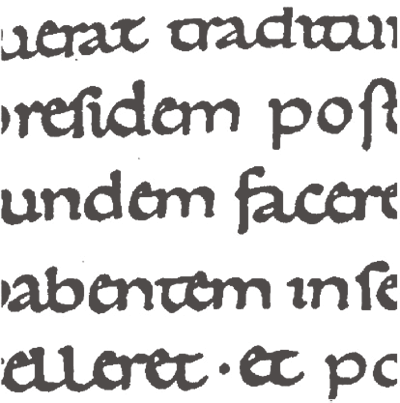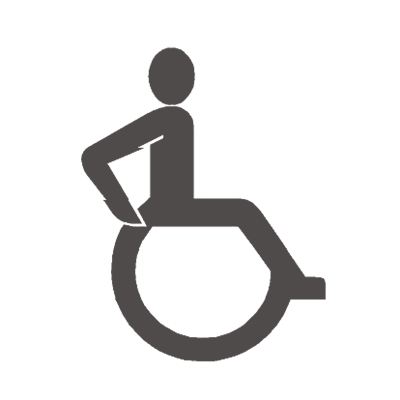Marcin Wujczyk

Prof. UJ dr hab. Marcin Wujczyk, attorney-at-law, practises individual and collective employment law, with a particular emphasis on employees’ right to privacy and employers’ cooperation with trade unions and employee representatives. He advises some of Poland’s largest companies on group redundancies, transfer of enterprises, and anti-mobbing and anti-discrimination proceedings. He provides immediate support in the decision-making process for management boards and HR directors of Polish and international companies. He is a lecturer in the Department of Labour Law and Social Policy at the Faculty of Law and Administration at Jagiellonian University.
The aim of Directive 2023/970 (i.e. Directive (EU) 2023/970 of the European Parliament and of the Council of 10 May 2023 on enhancing the application of the principle of equal pay for men and women for equal work or work of equal value through pay transparency and enforcement mechanisms) is to reduce and, in the long term, eliminate the gender pay gap in the EU, which was still 12.7% in 2022.
The law protects employees who are absent due to illness from dismissal, if they return to work before the end of the period set down in law. Only a sufficiently long and, in principle, uninterrupted absence due to sickness allows the employer to terminate the contract immediately with an employee who is unfit to work. As a result, situations arise, in practice, in which employees take sick leave “on and off”, interrupting long periods of absence by returning for a few days to work. On the one hand, this is supposed to guarantee further protection against dismissal while, on the other, to ensure that the benefit for being unable to work is received for as long as possible. Nevertheless, it turns out that this strategy will not always prevent the employer from letting the employee go.
The draft bill on the protection of whistleblowers, published on 17 April 2024, intended to implement Directive (EU) 2019/1937 of the European Parliament and of the Council of 23 October 2019 on the protection of whistleblowers, provides detailed guidelines on requirements that obliged employers must meet in establishing internal reporting procedures.
On 17 April 2024, another bill on the protection of whistleblowers was submitted to the Lower House of Parliament (Sejm). The law is intended to implement the Directive of the European Parliament and of the Council (EU) 2019/1937 of 23 October 2019 on the protection of whistleblowers into the Polish legal order. After more than two years of work, at this session the government adopted what seems to be the final version of the draft.
Carer's leave was introduced into the Labour Code on 26 April 2023 by the Act amending the Labour Code (LC) and certain other acts of 9 March 2023. The Act was intended to introduce two directives into Polish law:
- Directive (EU) 2019/1152 of the European Parliament and of the Council of 20 June 2019 on transparent and predictable working conditions in the European Union
- Directive (EU) 2019/1158 of the European Parliament and of the Council of 20 June 2019 on work-life balance for parents and carers and repealing Council Directive 2010/18/EU.
Directive (EU) 2023/970 of the European Parliament and of the Council to strengthen the application of the principle of equal pay for equal work or work of equal value between men and women through pay transparency and enforcement mechanisms was adopted on 10 May 2023. What new obligations will employers face? How does EU law understand equal pay?





